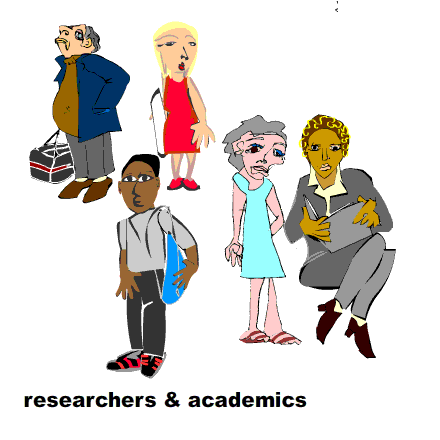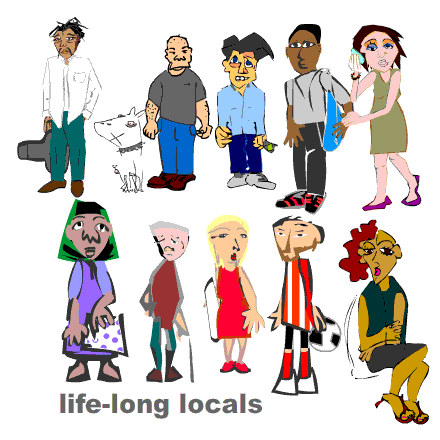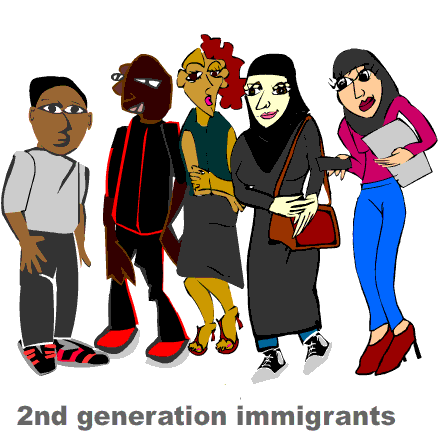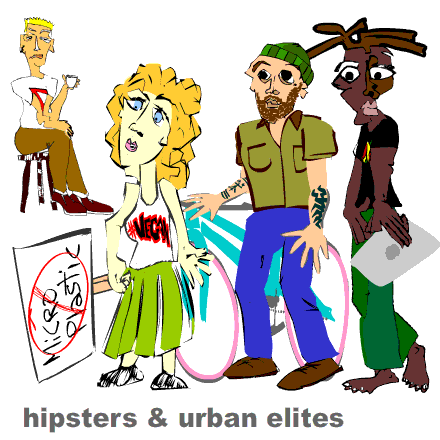Have you ever taken a survey and wondered, "What kind of question is THAT?!"
In an interview, did you wonder, "What kind of person do they think I AM?!"
Or maybe you read a report on some kind of design project that talks about the people it’s meant for, and you thought, "Why is none of them like ME!?"
These are all valid questions, and honestly I end up asking them whether I play the role of researcher or I am a subject in an investigation. It's incredibly difficult to know ourselves, and know the other! That’s because even when we are trying to be objective, we're often so deep in our own stories, we can't really read into someone else's narrative.

As researchers, social workers, designers, developers, whatever...we do all kinds of stuff to try to find out who is really involved, who is affected, and who can be part of a solution to any particular problem. Often we do surveys, and interviews, and then we boil down everyone’s answers, and come up with personas. These are little fictional characters, or hypothetical groups that are loosely based on real people, and we act out how these personas might respond to whatever it is we’re doing.
Sometimes we get ‘em right, sometimes we're totally off the mark. Mostly we are just guessing, based on our own ideas, our own experiences, our own stories. In the end we make a lot of decisions, based on what we think other people think...decisions made by elites, that often affect commonfolk. We call it participation, because somewhere along the way we did ask some people some questions...

In my own research, I’m developing something called Agonistic Design, a way to examine and illuminate conflict through role play, storytelling and games. In this case, the conflict lies in thinking we know what other people think, how they will act, and attempting to design for them.
I've been playing with this idea for a while now, and recently worked up a prototype that elaborates on this issue. It's based on a particular urban 'revitalization' project, and a neighbourhood we were investigating, but a lot of the concepts, and the personas used in it, I think are universal.

It’s called "Who's Playing Who?", and I’d like to invite you to try it out. It's fun, and funny, a playful, gameful survey. It tells a story about the community, not so much by words, but by how the people play it. It takes maybe 10 minutes and it doesnt ask for any personal data.
In "Who's Playing Who?" you speak for yourself, you speak for the others. At the end, you can see how everyone else has played, and perhaps find out, how the others played you.

Thanks for reading, and
here's the link to Who's Playing Who
https://goo.gl/forms/NcWDD5Q0PSuUeM5v1
I'm really interested what people think about this, so if you have any thoughts to share, constructive criticisms or suggestions, please reply in the comments below!